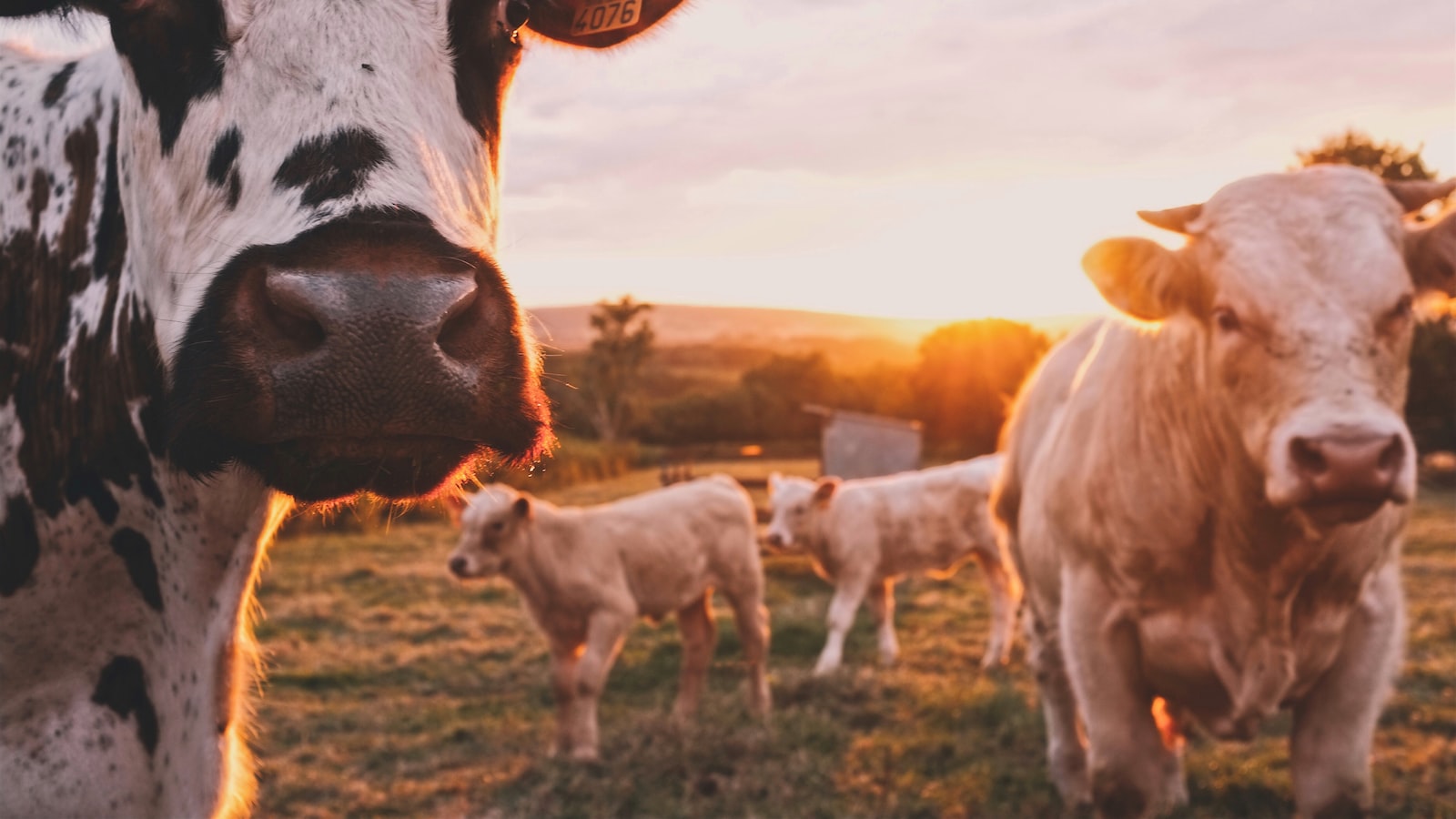It has been a worrying summer across America, with record-breaking heat waves sweeping the nation and temperatures soaring to extreme levels. In many parts of the United States, July 2020 was officially the hottest July on record, causing endless problems for farmers and their livestock.
The extreme heat has been particularly detrimental to cows, as the sweltering temperatures have caused hundreds of deaths nationwide. Cows are particularly prone to heat stress, and temperatures in excess of 100 degrees put their lives at risk quickly. Heat exhaustion and dehydration can lead to death for these large mammals, and the prolonged periods of extreme temperatures this summer have taken a major toll.
The heat waves have been most extreme in western states, where much of the country’s cattle is located and temperatures have risen far higher than usual. Reports of cows dying from extreme heat have come from California, Oregon, Wyoming, Colorado, and Montana, among other states. The combination of soaring temperatures and thick smoke from wildfires has created a dangerous cocktail for cows in addition to other animals.
The U.S. cattle population is now estimated to have dropped by at least 3%, as a result of the hot summer weather, and the amount of deaths largely depends on how well the farms are managed. Some farms have taken extreme measures to try to protect their cows, such as providing them with access to ample water, fans, and shade in addition to providing electrolytes to help keep them hydrated.
Scientists predict that extreme heat waves will become more common in the future, as climate change continues to have direct impacts on the world’s weather patterns. This means that farmers will have to find more effective ways to protect their animals from extreme temperatures. Better management techniques, education on the risks of heatwaves, and funding for new protective measures may be necessary to make sure that cows and other animals can continue to live and thrive for many years to come.
Hey Subscribe to our newsletter for more articles like this directly to your email.
